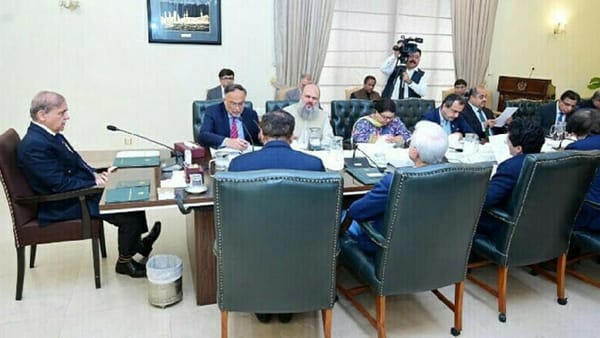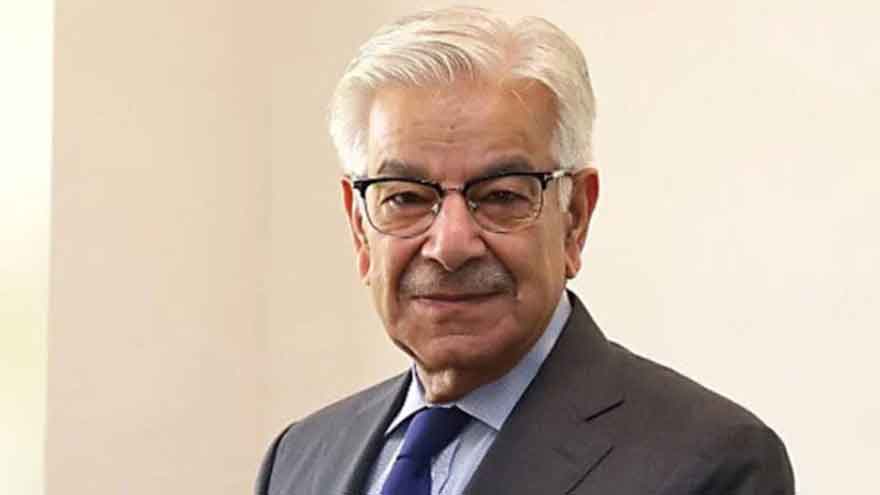Finance Minister Aurangzeb Says Economic Impact of India-Pakistan Skirmish Is Manageable

Pakistan’s Finance Minister Muhammad Aurangzeb has played down concerns over the economic impact of the recent military escalation with India, describing it as “minor” and within the government’s fiscal capacity to manage.
In an interview with Reuters, Aurangzeb said the national economy remains stable despite tensions that peaked after Indian accusations linking Pakistan to an April 22 attack in Pahalgam, Indian-administered Kashmir. The attack, which killed 26 people, was strongly denied by Islamabad, citing a lack of evidence from New Delhi.
‘Skirmish Impact Absorbable Within Budget’
“The financial impact of the skirmish is not significant. It can be absorbed within the fiscal space available,” Aurangzeb stated. He added that defence needs would be met without compromising broader economic goals. When asked about a potential hike in defence spending, he said it was “premature” to comment ahead of the upcoming federal budget.
The statement comes in the wake of Pakistan’s military response — Operation Bunyan-un-Marsus — launched on May 10. The operation reportedly targeted Indian military infrastructure including airbases at Pathankot and Adampur, along with a BrahMos missile depot and S-400 defense site. Pakistan claimed to have downed five Indian aircraft and struck multiple brigade-level positions across the Line of Control (LoC).
U.S. Mediation and Trade Talks Welcomed
Following the operation, both countries agreed to a ceasefire reportedly brokered by U.S. President Donald Trump. Trump emphasized that economic interests had played a key role in de-escalation, and reiterated America’s willingness to facilitate continued peace talks.
Aurangzeb welcomed Washington’s role in mediating the ceasefire and said Pakistan was optimistic about progress in trade discussions with the United States. “We are hopeful that trade discussions with the United States will conclude soon,” he noted. The minister highlighted potential imports from the U.S., including cotton, soybeans, and hydrocarbons.
He also addressed ongoing regional tensions over water rights, calling for India to reinstate the *Indus Waters Treaty*, which had been unilaterally suspended. “Water should not be used as a weapon. The Indus River is our economic and agricultural backbone,” Aurangzeb stressed.
IMF Tranche Approved, Budget Talks Underway
In a significant boost for the country’s fiscal stability, the International Monetary Fund (IMF) approved the release of a \$1 billion tranche under Pakistan’s \$7 billion bailout program on May 9. The funds are expected to be received by Islamabad this week.
Additionally, the IMF has cleared a new \$1.4 billion loan to support Pakistan’s climate resilience initiatives. Aurangzeb confirmed that negotiations over the upcoming federal budget — set to begin on July 1 — will be held with IMF officials from *May 14 to 23*.
Temporary Reprieve on U.S. Tariffs
Pakistan currently faces a 29% tariff on its exports to the U.S. due to a \$3 billion trade surplus. However, implementation of the tariff has been temporarily suspended for 90 days since April, offering short-term relief to Pakistani exporters.




